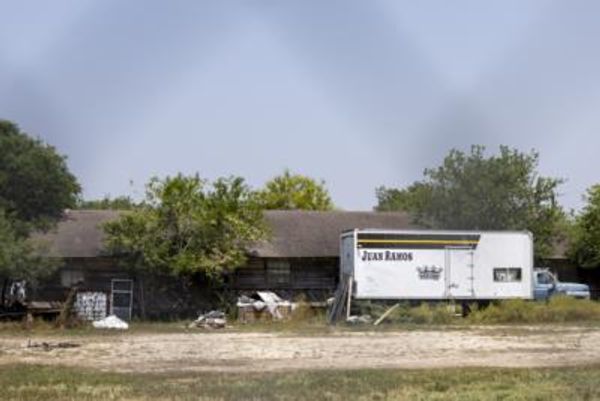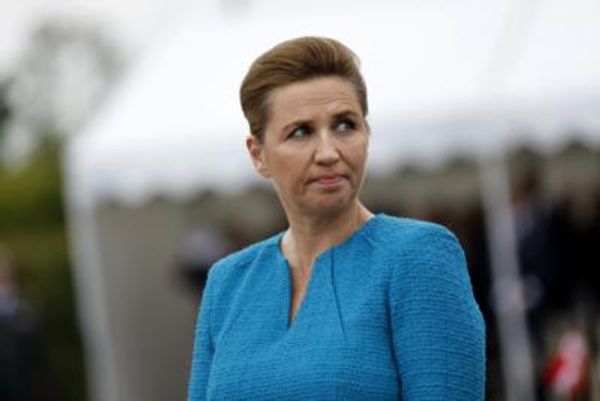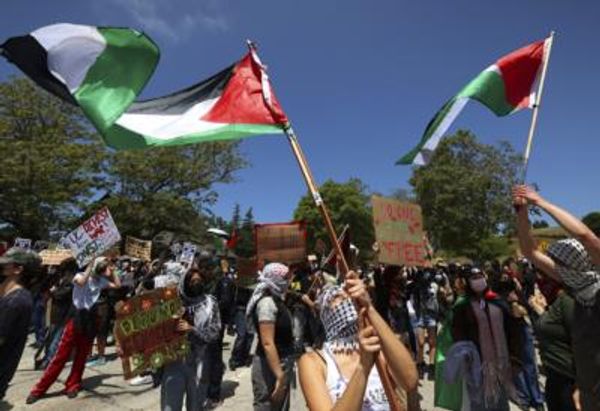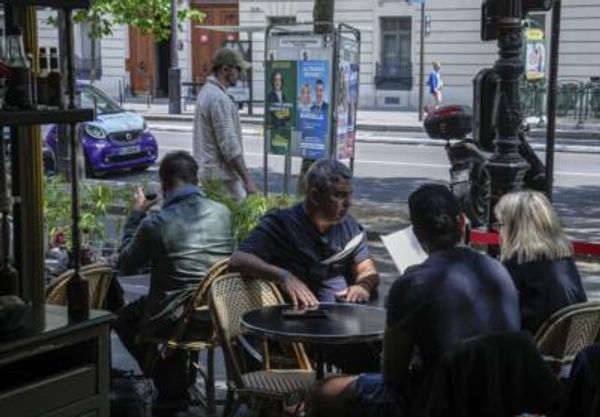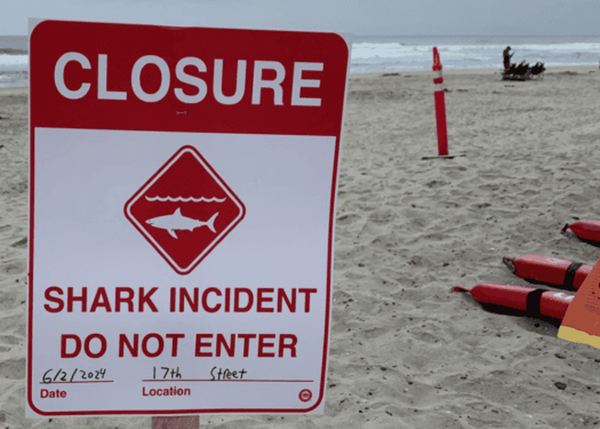
I don’t mind admitting that I had a tear in my eye long before the end of Vicky McClure: My Grandad’s War. This moving documentary puts the Line of Duty and This Is England actor into the role of historian, presenter and interviewer as she tells the story of her grandfather, Ralph McClure, who was a ship’s signaller in the Royal Navy on D-day in 1944. It shares a few camera angles with Who Do You Think You Are? but it goes one better, as Ralph is now 97 and on hand to tell his granddaughter, and us, his own story.
The pair live around the corner from each other in Nottingham, and are clearly close. But as McClure points out, while she knew he was in the Navy, she really knows nothing about his experience of war. Ralph must be one of the last survivors still able to tell his story, and getting McClure to ask him about it gives it an intimate feel that seems just as revealing, if not more so, than the history we get from the textbooks.
First, we hear Ralph’s life story. He was born in 1925, the same year that Hitler became the leader of the reformed Nazi party. He is a lifelong Notts County fan and was offered a contract to train for Leeds United, but his mother persuaded him to apprentice as a butcher at the local Co-op instead in the hope of a more stable life. McClure asks him what happened next. “Well, of course, the war kicked in,” he says. He signed up for the Navy just before he turned 18.
Ralph is a master of understatement. McClure takes him to various sites to unlock his memories of that time. They visit a reconditioned landing craft in Portsmouth, the last surviving example of the type Ralph was on. (Even the story of that particular vessel is fascinating – after the war, it became a nightclub in Liverpool, then fell into disrepair before being salvaged and restored as a museum.) He describes his quarters, a hammock near the engine room, as “rough, but enough”, and when his granddaughter tells him how brave she thinks he was, he replies, “Just doing a job, weren’t we?”
McClure attempts to understand that job and convey the staggering difficulties of it to viewers, in part by putting on the uniform the infantrymen would have worn and trying to wade out of the sea. The spectacle is faintly absurd, but the point is well made. “I’ve never known weight like it,” she says, as she sits in a soggy heap on the sand. The historian Stephen Fisher is there to explain that many soldiers failed to make it out of the water at all.
Fisher also talks McClure through the logistics of the D-day operation, and he unearths a series of photographs that reveal more of the story. There is one of Ralph’s boat in training, with a blurry outline of a signaller in view, though it is impossible to tell if it is him or not. Ralph’s flotilla was there to deliver Sherman tanks to the beaches, and there is a series of photographs of them in action. They are aerial photographs, shot from a great height, but to know that Ralph was there, on the boat that he points out in the picture, is very poignant.
The two of them head off to Normandy on the ferry, and as Ralph stands on the beach, that stiff upper lip does crumble, ever so slightly. It was, he admits, “like hell let loose”. German snipers were shooting at him. The boat next to his own was shelled. McClure asks him if he is proud of what he did. “Well, I think I ought to be, now,” he says.
The public clearly agrees with him. On the beach, a stranger approaches, thanks him, and shakes his hand. Later, they visit the British Normandy Memorial and he tells another story about a friend that doesn’t have a neat ending, but its open-endedness is a tale in itself. There, too, strangers approach him, thank him, shake his hand, and get emotional. “And they don’t even know him!” says McClure, who is embarrassed that she is crying on camera, because she feels like that’s the sort of thing she would be expected to do in a documentary like this. But it is beautiful and moving, and I suspect there are more than a few viewers who will be right there with her.
• Vicky McClure: My Grandad’s War aired on ITV1 and is available on ITVX.
